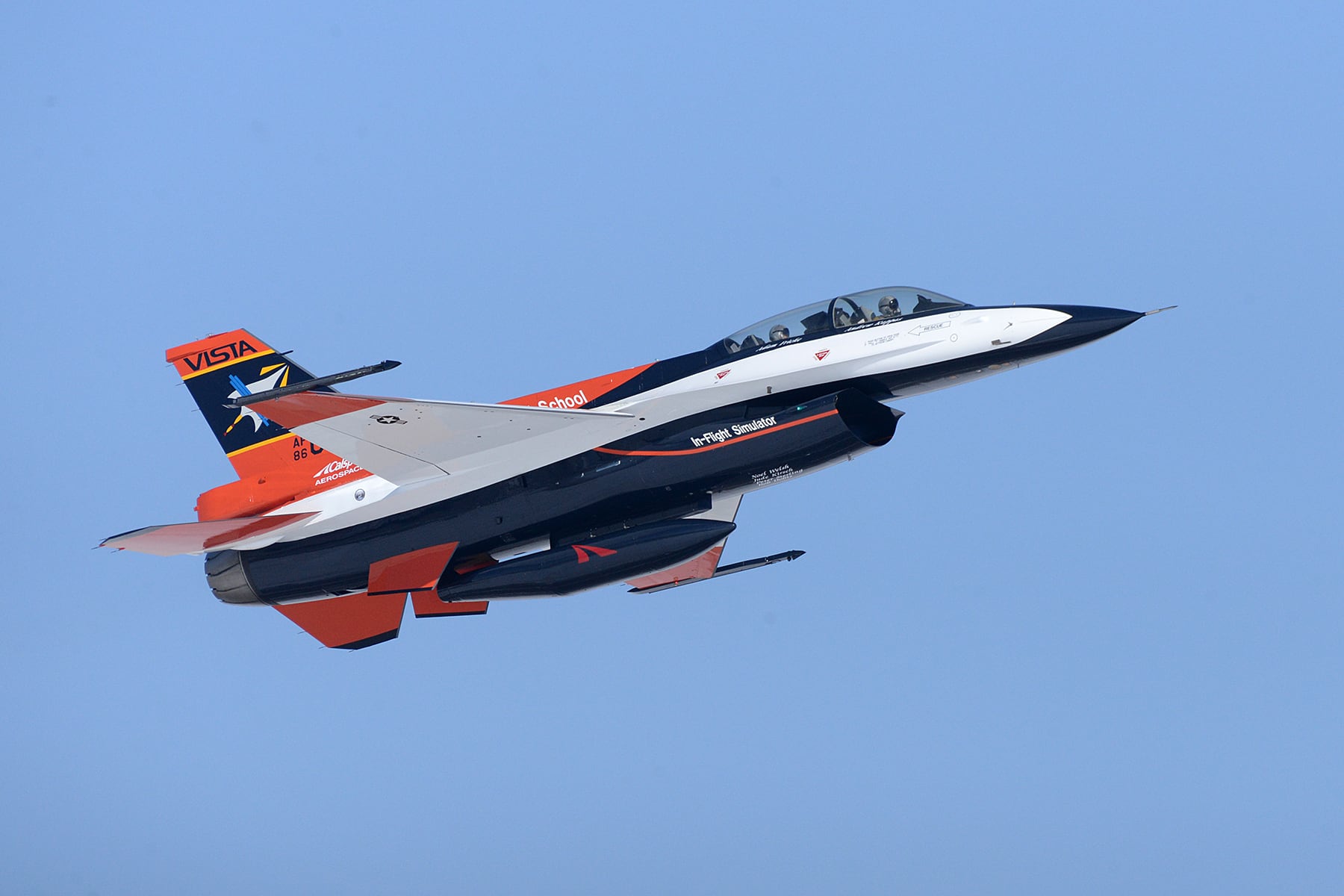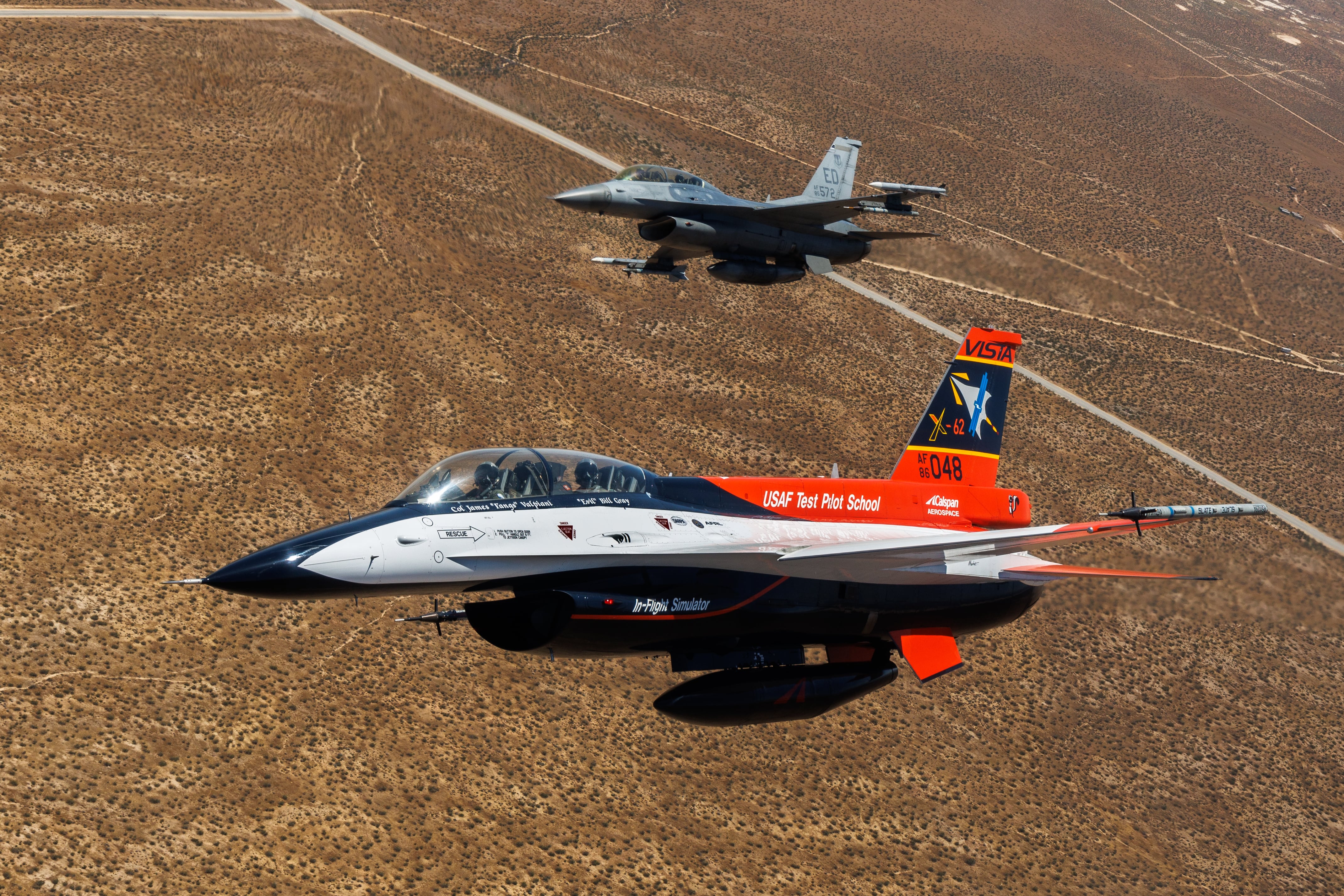Software company Applied Intuition announced Thursday it acquired Silicon Valley autonomy firm EpiSci, whose technology has supported a slew of Pentagon programs aimed at integrating AI with military platforms.
The move positions Applied, which has until now focused largely on dual-use autonomous technology for land systems, to expand its portfolio into other domains.
“We’ve done a lot of on-the-ground, land autonomy,” Applied’s CEO Qasar Younis told Defense News. “And we thought one area we could augment its portfolio is in other domains — in the air and on the sea ... and space as well.”
EpiSci, founded in 2012, builds AI software for a number of defense applications, including surface warfare, maritime tracking, space-based missile tracking satellites and uncrewed aircraft. Last year, the Air Force used the company’s software to stage the first-ever dogfights between an F-16 and an experimental fighter jet, the X-62A VISTA.
RELATED

Meanwhile, Applied has developed a suite of simulation, validation and data management software. The firm’s technology is used by a range of industries — from automotive, trucking and agriculture to defense. In 2022, the Army and the Defense Innovation Unit selected the firm to provide a platform to develop and test autonomous software for the Robotic Combat Vehicle program.
And last month, the Pentagon’s Chief Digital and AI Office awarded the company a production contract worth up to $171 million for its software development and testing platform.
Jason Brown, general manager of Applied’s defense business, said the Defense Department’s focus on uncrewed systems — specifically through the Replicator initiative to field thousands of low-cost expendable drones — is driving significant growth in the autonomy market. That growth means more opportunities not only for drone manufacturing firms, but for companies like Applied and EpiSci, that can equip both new and legacy systems with autonomy software.
“We want to be a part of that,” Brown said in the same interview with Younis. “This is potentially retrofitting a lot of existing legacy systems. This is a big market that is about to explode. We’re going to be able to take advantage of all of it.”
Courtney Albon is C4ISRNET’s space and emerging technology reporter. She has covered the U.S. military since 2012, with a focus on the Air Force and Space Force. She has reported on some of the Defense Department’s most significant acquisition, budget and policy challenges.








